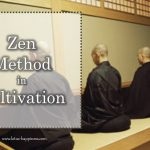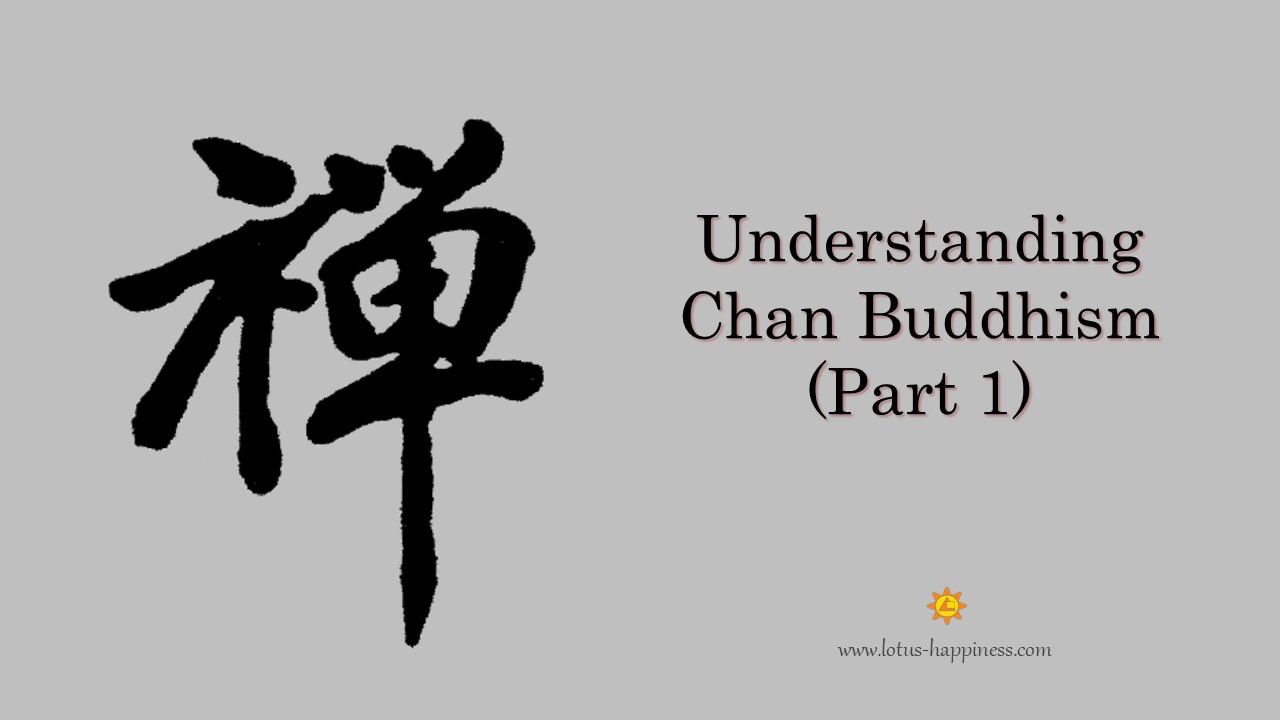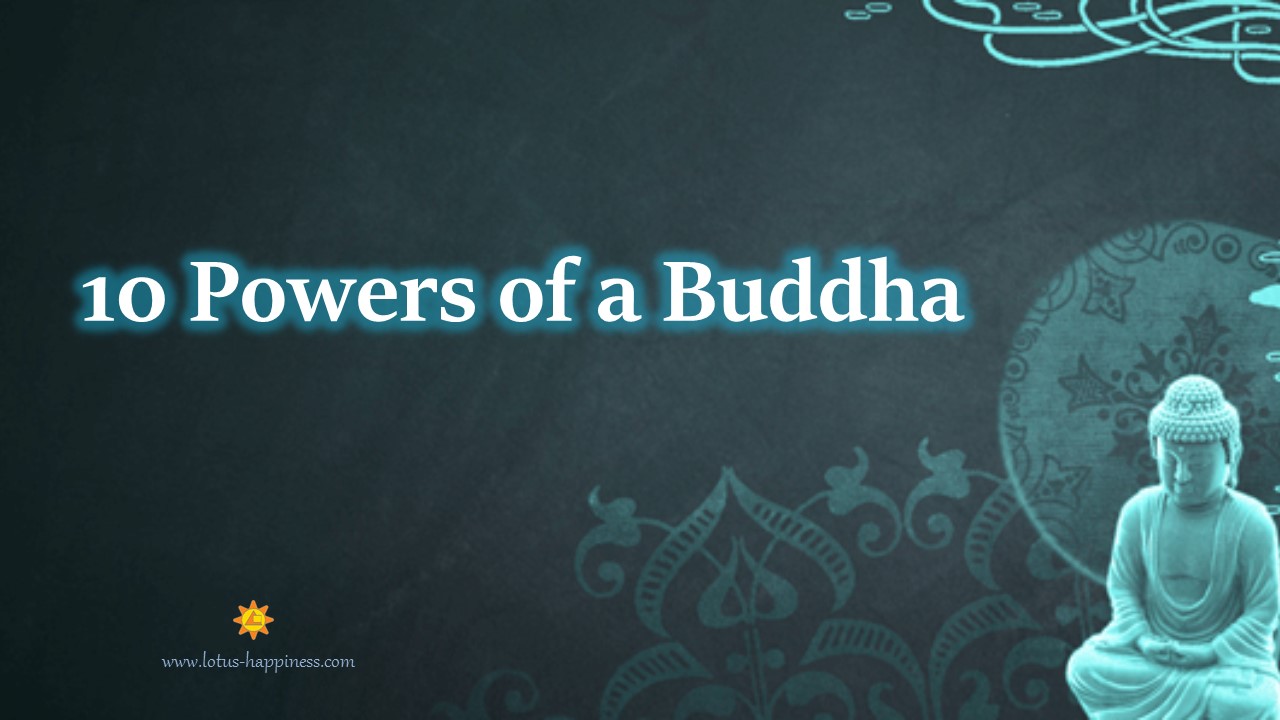Aghatavinaya Sutta: How to Remove Hatred and Grudges
The unwholesome emotions such as anger, grudge and hatred are commonplace. Many of us experience these negative emotions in a varying degree. When we let anger get the better of us, we keep thinking, dwelling and clinging upon the person or incident until we get stuck in a spiral of negative mental energy.
People who lose their temper easily found themselves at the mercy of ego and pride. Anger outburst comes and goes like a sudden appearance of a tempest. However, grudge is a simmering anger that lingers on. As for hatred, it is resentment that is rooted in unforgiving bitterness. Grudge and hatred resemble a molten pressure inside a volcano, waiting for a time to erupt. Anger, grudge and hatred robs us the tranquillity of peace in our minds.
The Buddha delivers a teaching on how to remove grudges and hatred in a short sutra called the Aghatavinaya Sutta: Subduing Hatred in the Anguttura Nikaya or the Numerical Sayings. You don’t have the bite the bullet dealing with negative emotions, by following the five silver bullets expounded by the Buddha, you will definitely be bulletproof:
“There are these five ways of subduing hatred by which, when hatred arises in a monk, he should wipe it out completely. Which five?
“When one gives birth to hatred for an individual, one should develop good will for that individual. Thus the hatred for that individual should be subdued.
“When one gives birth to hatred for an individual, one should develop compassion for that individual. Thus the hatred for that individual should be subdued.
“When one gives birth to hatred for an individual, one should develop equanimity toward that individual. Thus the hatred for that individual should be subdued.
“When one gives birth to hatred for an individual, one should pay him no mind & pay him no attention. Thus the hatred for that individual should be subdued.
“When one gives birth to hatred for an individual, one should direct one’s thoughts to the fact of his being the product of his actions: ‘This venerable one is the doer of his actions, heir to his actions, born of his actions, related by his actions, and has his actions as his arbitrator. Whatever action he does, for good or for evil, to that will he fall heir.’ Thus the hatred for that individual should be subdued.
“These are five ways of subduing hatred by which, when hatred arises in a monk, he should wipe it out completely.”
The following are the affirmations you can say to yourself when you are deluged by a avalanche of anger, grudge, or hatred:
While there are no silver bullets to dealing with difficult emotions such as anger,
#1: Goodwill
Goodwill or loving-kindness means giving something of value for a person. It could be a gift, a thought or a prayer.
Close your eyes and silently send a prayer of loving-kindness to someone whom you may harbour a grudge or hatred:
“While I may not have a liking for <a person>, I wish <him/her> peace and happiness.”
#2: Compassion
Compassion means having an awareness that every person experiences suffering and pain. This shows that we are having the empathy and understanding of the difficulties people have undergone in their lives.
Most often than not, people who often fly off the handle are those who suffer the most. Hence, just keep in mindfulness of the suffering of others will awaken the spirit of compassion in yourself:
“<He/she> is fuming and seething with anger. I am sure <he/she> must be suffering tremendously now. May <he or she> be free of suffering and pain.”
#3: Equanimity
The sense of equanimity is rooted upon detachment and non-clinging. By choosing not to associate with the negative emotions of others, peace prevails in our hearts. We can consciously make this choice of peace by relinquishing the need to constantly dwell upon it. This is a practice of inner renunciation.
The simple mantra is:
“Come What May. Let It Go.”
#4: Pay No Attention
The Buddha teaches a simple way to wipe out grudge and hatred: just pay no attention and forget about it. Don’t think about it and your mind will be at peace.
The simple mantra is:
“Ignore it. Forget about it. Brush It Off.”
#5: Law of Karma
This method is ideal for those with reasoning and analytical way of thinking. The Sanskrit term of karma means action. By keeping in mindfulness that the Law of Causality or the Law of Karma is in operation, you will relinquish the need to react or retaliate against those who do not treat you with respect and kindness.
The simple mantra is:
“For good or evil, let the Law of Karma does the work.”












